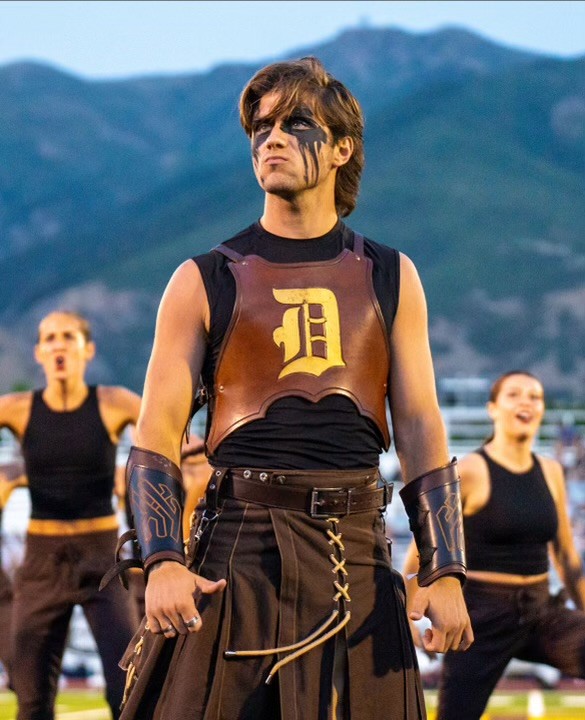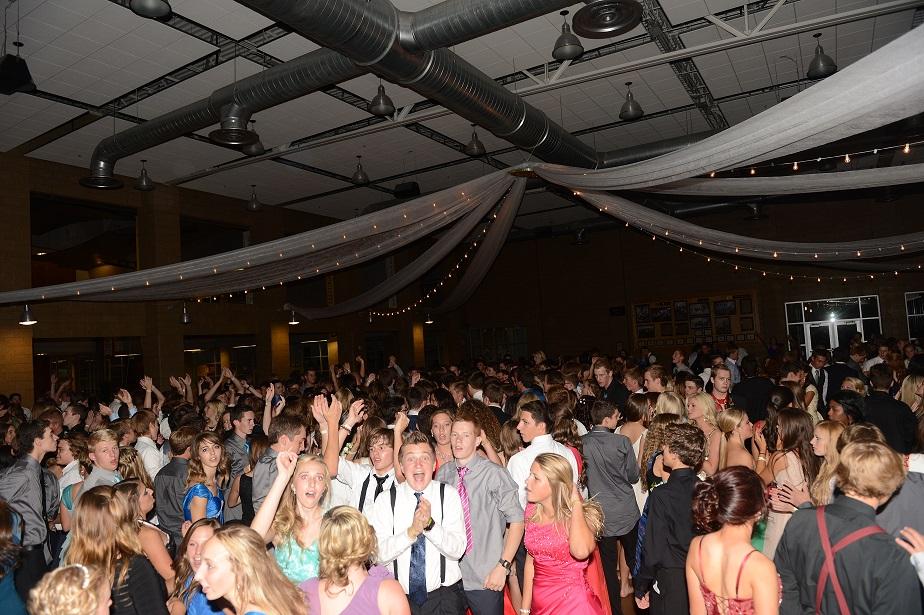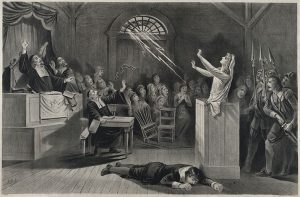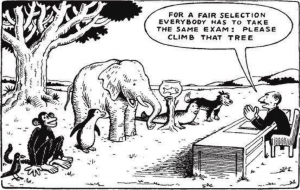Conspiracy Theories Create Questions
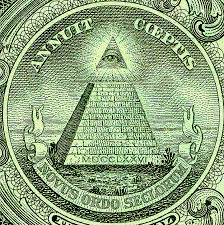
October 17, 2016
Conspiracy Theories are beliefs that some covert but influential organization is responsible for a circumstance or event, often ranging from believable to downright insane.
Some popular conspiracy theories are that Tupac is alive, Harambe is alive, and that the government faked the moon landing. These theories are some of the most popular because of how big the event or person is. The theories may have come to light because of the uncertainty and mystery that surround them.
There are many unproven conspiracy theories of varying degrees, frequently related to clandestine government plans, elaborate murder plots, silencing of secret technology and knowledge, and other supposed schemes behind certain political, cultural, and historical events.
“Yes I do know some conspiracy theories…. About Harambe.” says Spencer Thompson. Some theories have dealt with censorship from the law such as Holocaust Denial. Conspiracy theories usually go against a consensus or cannot be proven using the historical method and are typically not considered similar to verified conspiracies.
From the casual theorist to the hardcore junkie, conspiracies can be fun for everyone. People are taking part in their own conspiracies thanks to the use of the internet , making these theories able to travel around the world quicker and more efficiently for everyone to see.













